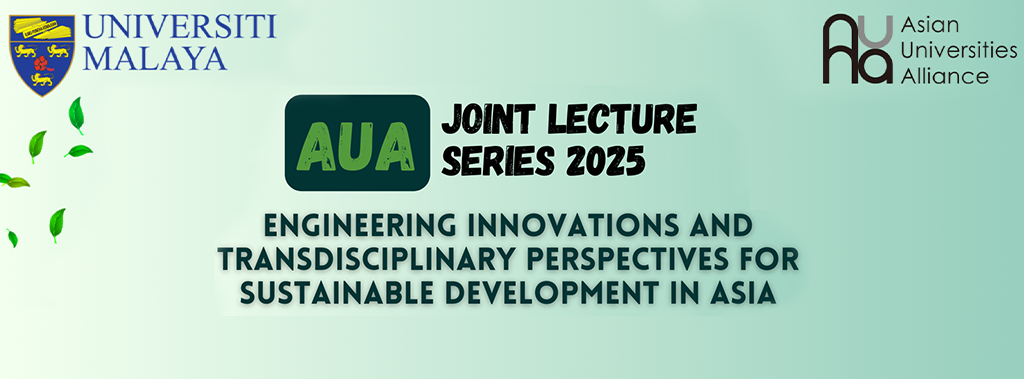Theme: Management of Higher Education and Faculty Well-being Under COVID-19 Pandemic in the UAE
Professor: Dr. Tatiana Karabchuk, Associate Professor, Department of Government and Society, College of Humanities and Social Sciences, United Arab Emirates University
Date: 25 November 2021 (Thursday)
Time: 19:00-20:30 (UTC+8)
Summary:
In this lecture, Professor Tatiana Karabchuk introduces the current progress of higher education in the UAE and the impact of COVID-19 on faculty well-being.
Professor briefly introduces three models of academic governance and management, categorized by Martin-Barbero and Monck (2018). She points out that for any country seeking economic prosperity, developing world-class higher education is one of the ultimate goals, as a sustainable knowledge-based economy is not possible without highly educated leaders.
The UAE is regarded as a regional leader in higher education and research, with the highest number of universities, undergraduate and graduate programs, and a large number of international students. Countries in the Gulf Cooperation Council are also allocating a large part of their budget towards education.
The UAE has been looking towards best practices, balancing world-class standards and preserving its Arabic traditions. The UAE has also made progress in gender equalization and post-graduate education, and internationalization and quality assurance.
However, COVID-19 has caused massive disruption to the higher education (HE) process. It has created challenges in preparedness for online teaching & learning (T&L), assessments & quality of T&L, institutional autonomy, risk preparedness by Higher Education Institutions (HEIs), etc. The UAE and Gulf countries have adapted to online learning, placing a great deal of resources towards creating a smooth and fast transition.
Professor Tatiana Karabchuk also discusses the difference in mental health and well-being before and during the pandemic and emphasizes that faculty well-being is very important. Lastly, a survey was conducted to investigate the UAEU’s transition to online teaching. 51% of respondents faced difficulties in balancing family responsibilities and academic work during the lockdown and only 43% of respondents felt positive towards continuing online teaching in the future. In addition, the average time for before-class preparedness rose as a result of online learning. Faculty also faced COVID-19 challenges relating to online learning, such as low student engagement.
During Q&A, Professor Tatiana Karabchuk spoke about her perspective on the impact of COVID-19 and her thoughts about online teaching and learning.
(written by program participant Ms. WEI Fang)
*The views and opinions expressed in this lecture series are those of the guest lecturers. They do not purport to reflect the opinions or views of the AUA or its members or its Secretariat.

